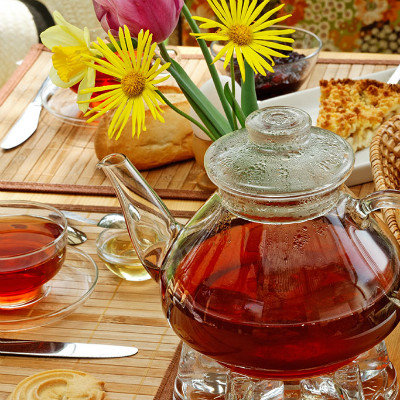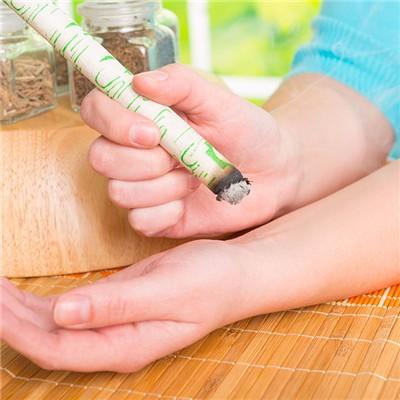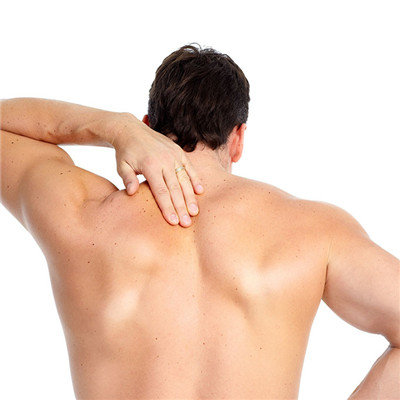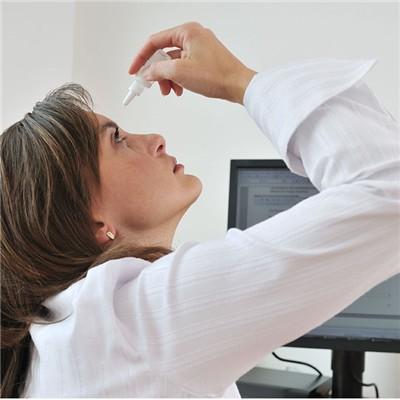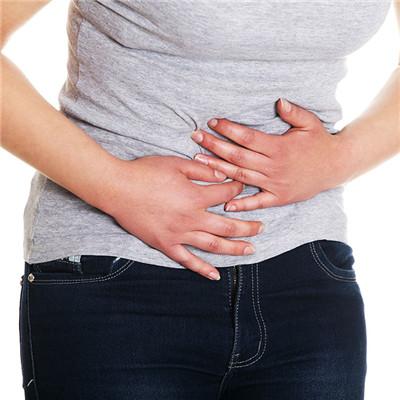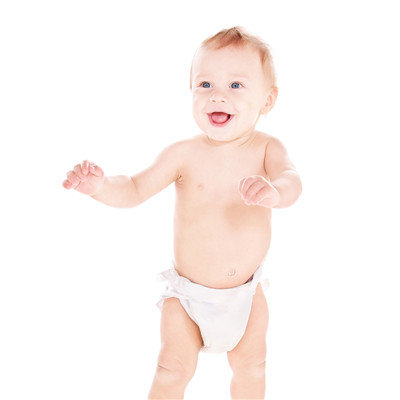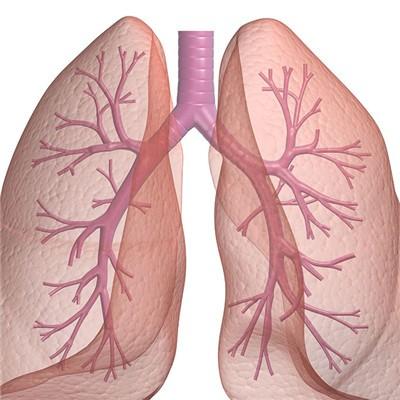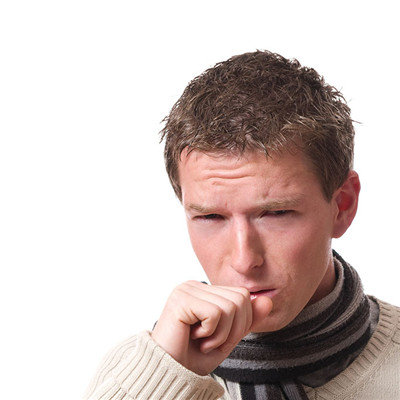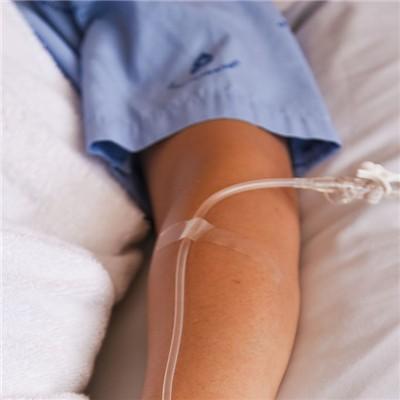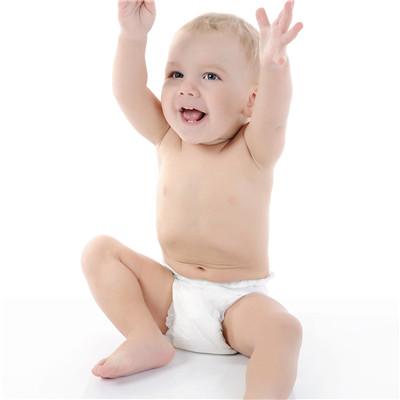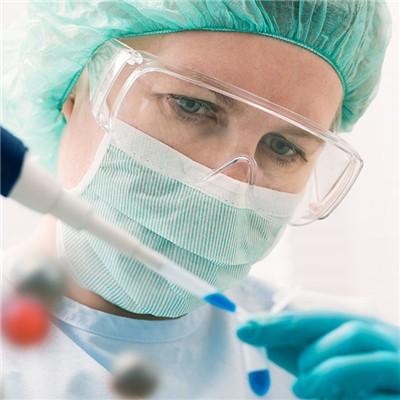How to treat Purpura Nephropathy?
summary
Henoch Schonlein purpura nephritis is one of the high incidence of kidney disease, in the reasonable arrangement of treatment, but also pay attention to the combination of work and rest, pay attention to diet and health care, once not taboo or in nursing what is wrong, it will lead to disease recurrence or aggravation. Therefore, purpura nephritis must know some nursing knowledge. How to treat Henoch Schonlein purpura nephritis.
How to treat Purpura Nephropathy?
First, the principle of nursing. First of all, we should have a good mood, maintain emotional stability, have the confidence and courage to overcome the disease, and actively cooperate with the doctor for treatment. Reasonable arrangement of life, pay attention to rest, ensure adequate sleep, achieve the combination of work and rest. In case of edema, hypertension, severe anemia, bleeding tendency, chest tightness and suffocation, you should rest in bed and see a doctor in time. After the symptoms are relieved, appropriate activities can be carried out, but fatigue and excessive activity should be avoided. To prevent colds: open the windows regularly and keep the air in circulation. When the temperature changes, change the clothes in time to prevent colds. In addition, less to public places, because the body resistance can be poor, prevent cross infection. Reasonable diet: low salt, low-fat, high-quality protein, supplement calcium, limit phosphorus, sufficient vitamins, low potassium, limit water diet when necessary. The diet is easy to be rich in nutrition, easy to digest, and eat more fresh vegetables and fruits.
Second, the principle of diet. The protein of purpura nephritis should be obtained in proper amount. Purpura nephritis patients should get the right amount of protein, neither too high, nor too low, because the continuous low plasma protein can reduce the resistance, easy to infection, edema, aggravating the disease, and high protein diet can cause glomerular hyperfiltration, easy to make glomerular sclerosis. In the early stage of the disease and nitrogen retention, the protein was strictly limited within 4-7 days, and the daily supply was limited. In the range of 20-30 g, animal foods with higher physiological significance, such as milk and eggs, were selected. Eat less or no plant protein, such as peanut, beans and bean products. In the case of serious illness, glucose can be given only for 2-3 days. When the disease changes, the amount of protein can be increased gradually, 30-40 g per day. Low salt diet was given for purpura nephritis. If there is no edema or high blood pressure in patients with Henoch Schonlein purpura nephritis, salt restriction is not necessary. Usually should give low salt diet, if blood pressure is high, water paper blank show, can give salt free diet. The acquisition of potassium in purpura nephritis. When the patient shows oliguria or closed urine, due to the excretion of potassium, the blood potassium can be increased, so at this time, the fruits and vegetables with more potassium should be limited, such as oranges, bananas, fresh mushrooms, mustard, red dates, potatoes, etc. The amount of water for purpura nephritis. When the patient has no urine and less edema, it is not necessary to control the amount of water. If the water paper blank appears, besides eating, the amount of water should be limited to 500-800 ml / day. When the urethral system is infected, the patient should drink more water and urinate frequently. The amount of energy obtained in purpura nephritis. Patients with purpura nephritis should be given enough carbohydrates. If you have diabetes, you should fast fruits containing sugar, and take sugar with you to prevent hypoglycemia. Vitamin acquisition in purpura nephritis. Purpura nephritis should be given rich vitamin A, B and C.
Third, the principle of medication. When taking diuretics, it should be noted that furosemide and hydrochlorothiazide are potassium excreting diuretics. It is not necessary to supplement potassium when taking diuretics. Eat more foods with high potassium content. Aminophenazine and spironolactone are potassium preserving diuretics. It is unnecessary to supplement potassium when taking them, and fast foods with high potassium content. The combination of multiple ways of processing Chinese medicine and oral Chinese medicine needs to be treated according to individual conditions. In the course of treatment, if you take hormone, you must use it according to the time and dose ordered by the doctor, and do not increase or decrease it or stop taking it without permission. The best time to take medicine is before 9 am. If cyclophosphamide is used, it can cause nausea, vomiting, hair loss, hematuria and other adverse reactions, which can be relieved after withdrawal. Should often check blood, drink more water, observe urine color and quantity. In addition, avoid the use of drugs that are toxic to the kidney, such as gentamicin, kanamycin, streptomycin, amphotericin B, etc.
matters needing attention
Pay attention to whether there is any allergy caused by the contact of suspicious food and foreign bodies before the rash, and avoid re contact. Modern Chinese Medicine Hospital of Hematology and nephropathy experts said that food allergy is a major cause of Henoch Schonlein purpura nephritis, many foods in the allogeneic protein can cause Henoch Schonlein purpura, these foods are mainly spicy, fried, aquatic products (fish, shrimp and crab), pepper, garlic, raw onion, coriander, dog meat, horse meat, donkey meat, etc. Avoid eating, prevent re allergy, aggravate the disease. After getting sick, stay in bed to avoid overwork and avoid drinking and smoking. For patients with hematuria, should avoid spicy, spicy dry stimulation and seafood hair. The patients with albuminuria should pay attention to supplement too much and eat high-quality protein diet. Patients with Henoch Schonlein purpura nephritis had better not eat vegetables such as fresh flower buds that they have never eaten. Plant pollen is also a common allergen.
